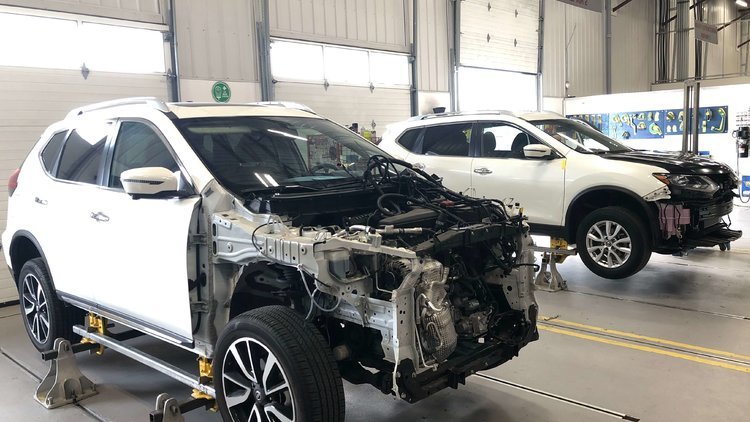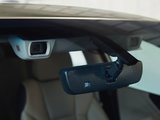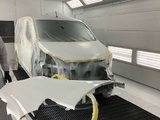The Keys to Reducing Your Vehicle's Depreciation After a Collision
January 01 2024,

A collision can significantly impact your vehicle's value, but certain steps can be taken to minimize this depreciation. The way you handle the repair process and the decisions you make afterward can influence how much value your vehicle retains. Here are key strategies to help reduce your vehicle's depreciation after a collision:
- Choose High-Quality Repairs: The quality of repairs after a collision is paramount. Ensure that your vehicle is serviced at a reputable auto body shop that uses genuine parts, as discussed earlier. High-quality repairs that restore the vehicle to its original condition can significantly reduce depreciation. In contrast, poor-quality repairs can lead to further issues and decrease the vehicle's value.
- Document Everything: Keep a detailed record of the collision and the subsequent repairs. This should include photos of the damage, the official accident report, and all communication with the insurance company. Additionally, obtain detailed invoices from the repair shop listing the services performed and the parts used. Well-documented repair history can demonstrate to future buyers or appraisers that the vehicle was properly cared for after the collision.
- Get a Professional Inspection After the repairs are completed, consider having the vehicle inspected by an independent professional. This can help identify any potential issues that might have been overlooked and provide an official report on the vehicle's post-repair condition. This report can be a valuable asset when selling the vehicle or negotiating with insurance companies.
- Protect and Maintain the Vehicle: Post-repair, it's crucial to maintain your vehicle diligently. Regular maintenance, safe driving habits, and proper storage can help keep the vehicle in top condition and prevent additional depreciation. Consider investing in additional protection, such as paint protection film or ceramic coatings, to maintain the vehicle's appearance.
- Be Transparent When Selling: When the time comes to sell your vehicle, transparency about the vehicle's history is vital. Be honest about the collision and the repairs. Provide potential buyers with all the documentation and encourage them to have the vehicle inspected independently. Transparency builds trust and can help you get a fair price for your vehicle.
Collisions are unfortunate, but their impact on your vehicle's value can be mitigated with the right approach. High-quality repairs, thorough documentation, professional inspections, diligent maintenance, and transparency during the sale process are key to minimizing depreciation. By taking these steps, you can help preserve your vehicle's value and ensure that it remains a reliable and appealing asset for years to come.





